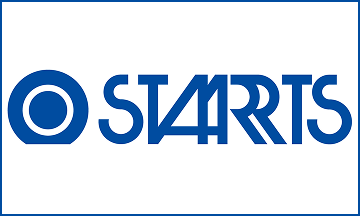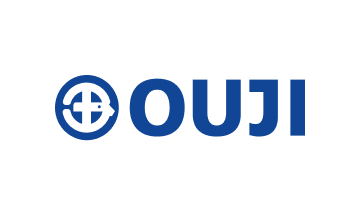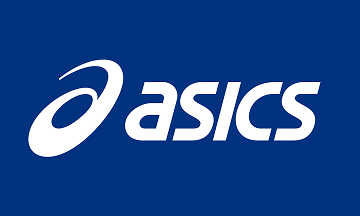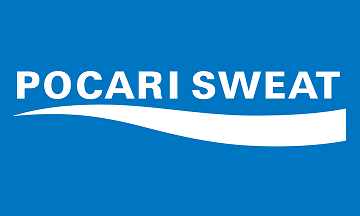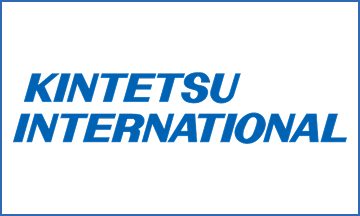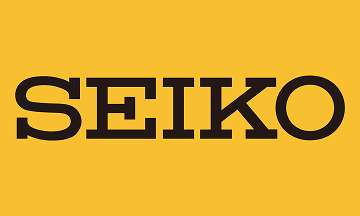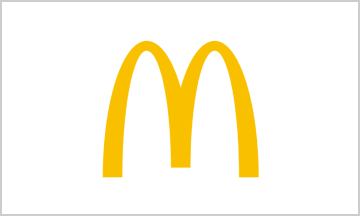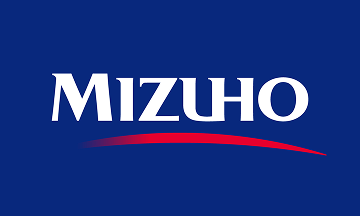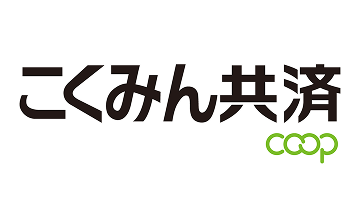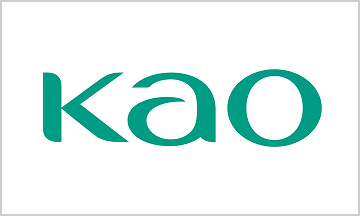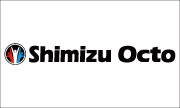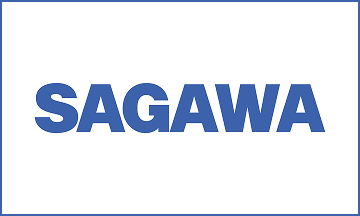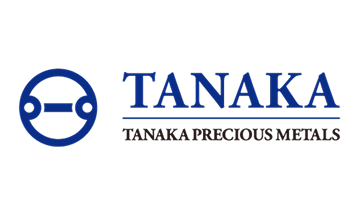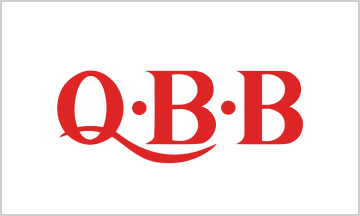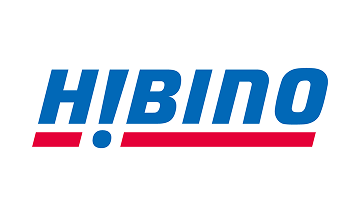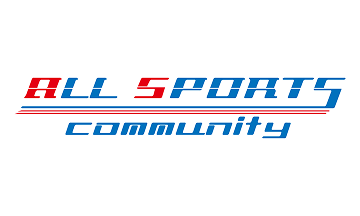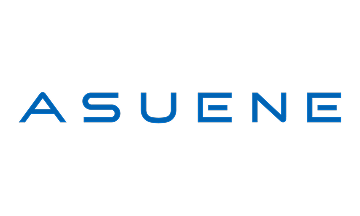Tokyo Marathon 2018 Wheelchair Elite Field has been announced. Please go to the link below for all the details.
Elite details
Tokyo Marathon 2018 Race Preview
The new flat and fast course was introduced from the 11th edition of the Tokyo Marathon and last year the new Japanese all comers records were set for both men and women. Our goal was to reach the status of the "truly world class marathon," and I think we have attained it.
I have been deeply touched by the scene of Wilson Kipsang (KEN) finishing in 2:03:58, among the backdrop of Tokyo Station's red bricks reflecting gentle winter sun. Among the Japanese, Yuta Shitara, making marathon debut, has aggressively challenged the world bests runners while Hiroto Inoue made the World Championships marathon team based on his run in Tokyo. A new era for Japanese marathon runners seemed to be looming over the horizon.
Expect the very exciting race this year. The assembled field may be good enough to target the world record of 2:02:57 as well as the Japanese national record of 2:06:16.
In the men's race, Kipsang will be running the Tokyo Marathon for the second year in a row. Last year, he passed half way point in 1:01:22 and was at the world record pace until 30Km. His performance was quite impressive worthy of a "truly world class runner." After the race, Kipsang said, "With the good weather and good competitions the course is capable of producing the world record." He seemed to have a favorable impression of Tokyo. Furthermore he has experienced the Tokyo Marathon course. Kipsang may be targeting faster time than last year, perhaps even the world record.
Kipsang's main competition is Tesfaye Abera (ETH). Since he has the best of 2:04:24, the race could be interesting. Feyisa Lilesa (ETH), the 2016 Olympic marathon silver medalist and Dickson Chumba (KEN), who stayed with Kipsang until 35km last year, are also in the field. They might form a lead pack along with Kipsang and the race might proceed at the world record pace.
Like last year, three different set of pacemakers will be provided. The first set of pacemakers will lead the runners at the "world record pace," which translates to 2:54 to 2:55 for each km. The second set of pacemakers will lead the runners at the "Japanese national record pace," which translates to 2:58 for each km. Finally the third set of pacemakers will lead the pack at 3minutes per km pace. These three sets of pacemakers will push the pace until 30km. It will be quite interesting to see who will be following which pacemakers.
Three Japanese runners have cracked 2:07 for the marathon in history. It has been more than fifteen years since Toshinari Takaoka recorded the current Japanese national record of 2:06:16 in October of 2002. However, there has not been any 2:06 runner since then. Since collegiate runners are capable of keeping up 3 minutes per km pace for 20km in Hakone Ekiden, those who wants run in the Olympics should be able to keep up 3 minutes per km pace for 30km. For them 2:58 per km should not be a tough pace.
Hiroto Inoue, last year's top Japanese finisher, and Yuta Shitara are expected to perform well. Shitara has a potential to run 2:06 marathon, and perhaps the Japanese national marathon record is not out of his reach. I think "2:05:50 is possible for Shitara." Last year Shitara was on the national record pace until 33km and he chased Kipsang aggressively. His performance gave hope and courage to people and they started thinking "Japanese can be competitive at the world level." The big question for Shitara is: how to run the final 8 to 9 km of the race. Perhaps, for the last one year Shitara has been thinking about how to be more competitive. Last September, Shitara recorded a new Japanese half marathon record. He has been steadily improving and thus it is quite interesting to see how he would perform in this year's marathon.
Last year Inoue covered the opening 5km in 14:31 and passed 10km in 29:13. Along with Shitara, his aggressive running style had great impact on Japanese marathon scene. Although his finishing time was only 2:08, his performance sends the message to other runners. Inoue has lofty goal and he has a potential for a 2:07 marathon.
For Japanese runners one of the targets in the Tokyo Marathon is 2:07:19 recorded by Suguru Osako in the last December's Fukuoka Marathon. His time must have been good stimulus for other runners. Everyone probably thought, "I could do better."
In the New Year Ekiden, Takashi Ichida has shown that he is in good form and thus he may run well in Tokyo. Minato Oishi has good reputation and thus might challenge for the top Japanese spot in the race. Daichi Kamino, who has one marathon experience under the belt in Fukuoka, and Kengo Suzuki, the best collegiate distance runner making highly anticipated marathon debut, are also worthy of attention.
With the 2020 Tokyo Olympics looming over the horizon, in 2015, Japanese Corporate Track and Field Federation has started "Project Exceed" for the Marathon. The corporate sponsored team runners who cracked 2:07 for the marathon will be awarded 10 million yen, and 100 million yen will be awarded for those who break the Japanese national record.
If multiple Japanese runners passed 30km under 1:30, fans will get excited and start to think "2:06 is possible. Who will win the 100 million yen prize?" That is the kind of race we are expecting. Undoubtedly in the near future more than three Japanese will be cracking 2:07.
Last year Japanese all-comers record of 2:19:47 was set in the women's race. This year's race features three 2:20 runners led by Ruti Aga (ETH). Berhane Dibaba (ETH) will start the Tokyo Marathon for the fifth straight years. Runners who would like to experience Tokyo Marathon course before the 2020 Olympics have gathered here in Tokyo for the marathon.
Watching the world class runners' performance excites everyone. Possible world or Japanese national records excite even more. So enjoy the Tokyo Marathon 2018, the race now can claim to be a "truly world class marathon."
Tokyo Marathon Race Director
Tad Hayano
Elite Race page is here


